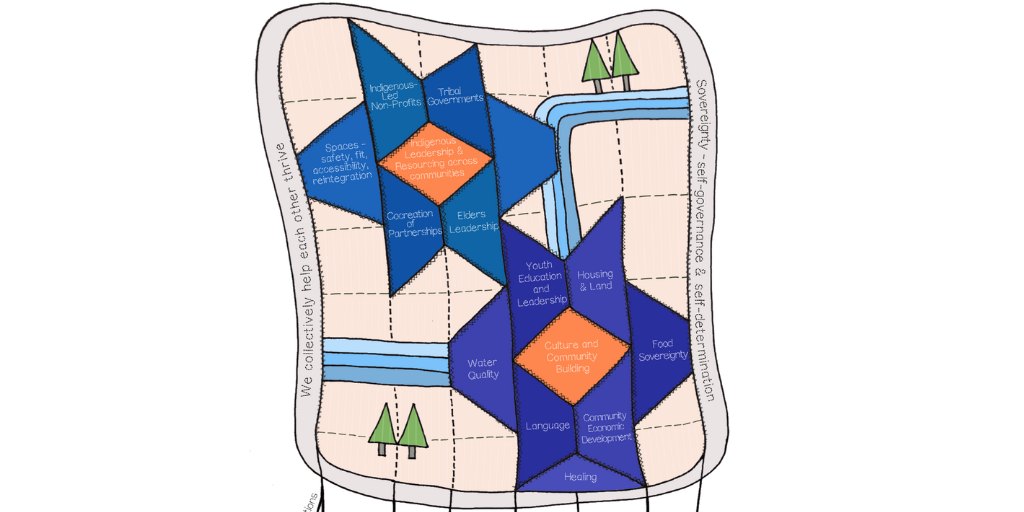While non-profit organizations sometimes struggle with technical aspects of evaluation, their strengths often lie in non-technical areas, such as relationship building and communication.

In a recent blog post, Ben Liadsky from the Ontario Nonprofit Network reflects on some challenges faced by non-profits in the realm of evaluation:
- There is a lot of pressure within the non-profit sector to evaluate our work via an ever-growing number of measures and reports
- Heavy focuses on accountability to funders and the mechanics of evaluation diminish the potential for non-profits to achieve their missions through learning and action
So, how do we ensure that evaluations truly benefit non-profits themselves, and consistently lead to new insight?
- We need to ensure that evaluations tell our own community stories, and answer our own important questions
- We need to increase dialogue and create safe spaces where we can critically reflect on, and better understand, learn, and grow from our data
- We need to increase our commitment to the use of evaluation findings, including drawing on that information to guide future practice
Join us on our upcoming webinar, where Ben Liadsky will be presenting alongside Andrew Taylor and three Vibrant Communities panelists. They will explore non-technical factors that can set the stage for successful evaluation, and will highlight ways that we can capitalize on these factors to improve the likelihood that they lead to action.
Evaluations That Work: What the Non-Profit Sector Can Learn from the Ontario Nonprofit Network and Vibrant Communities | Wednesday June 22nd, 2016 | 12:00 pm - 1:00 pm EDT
Learn more:





